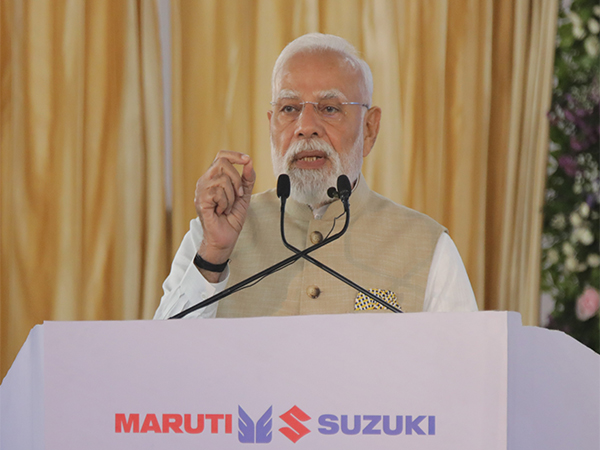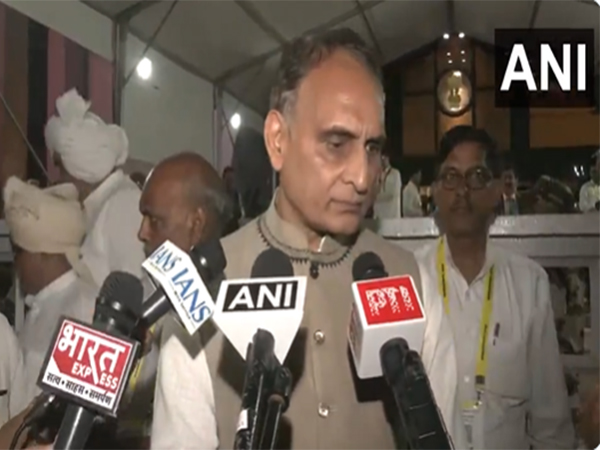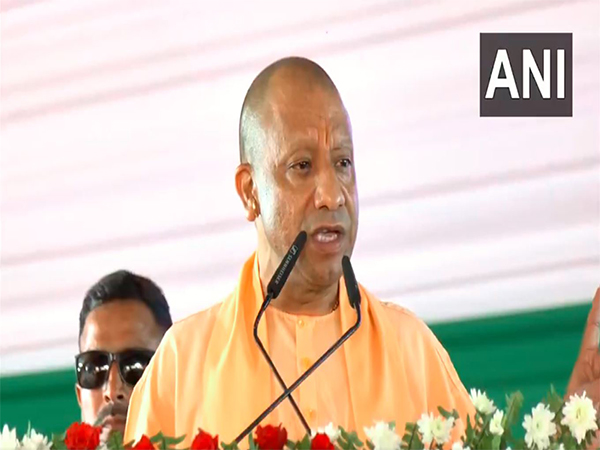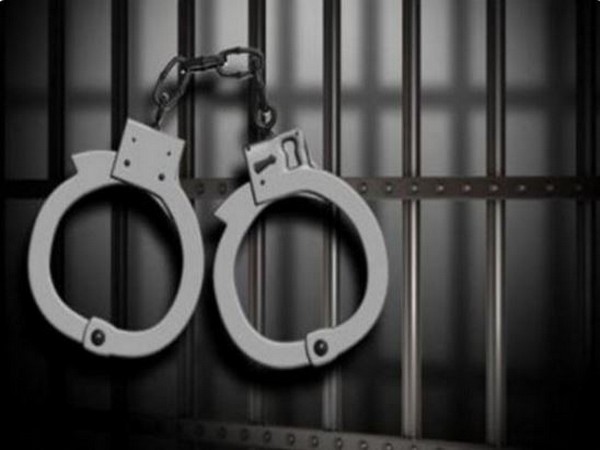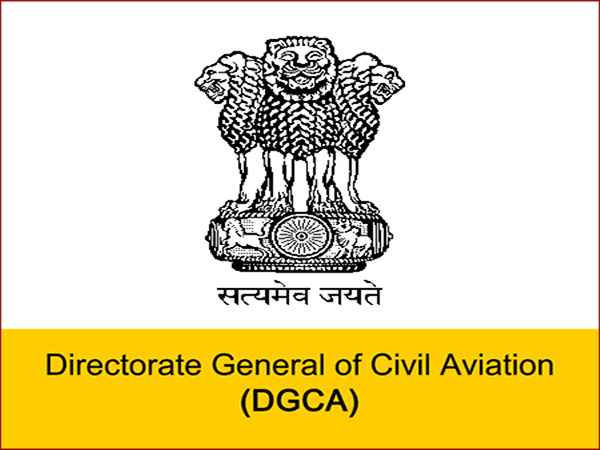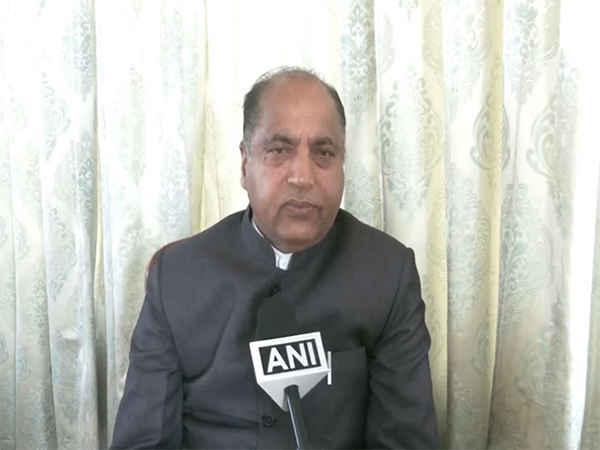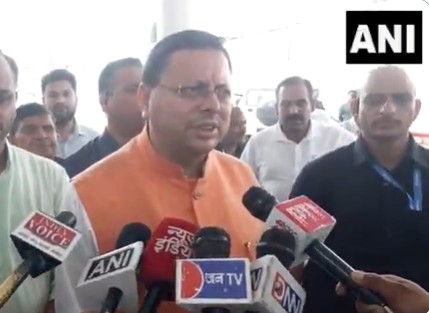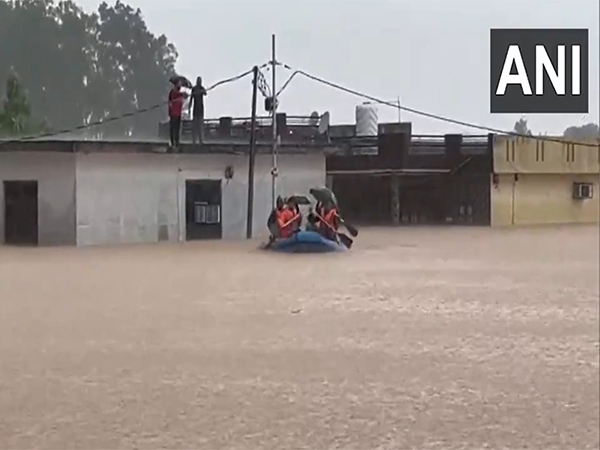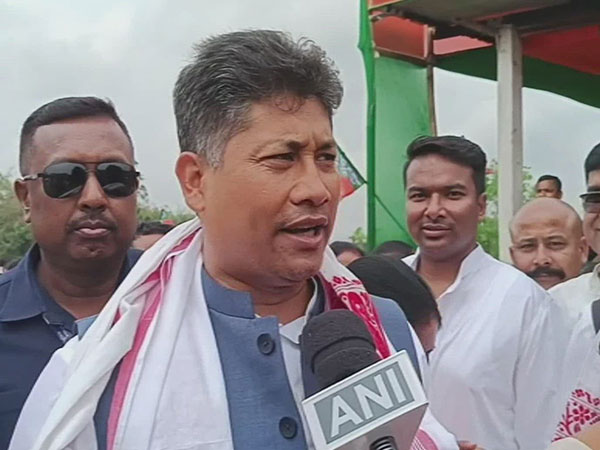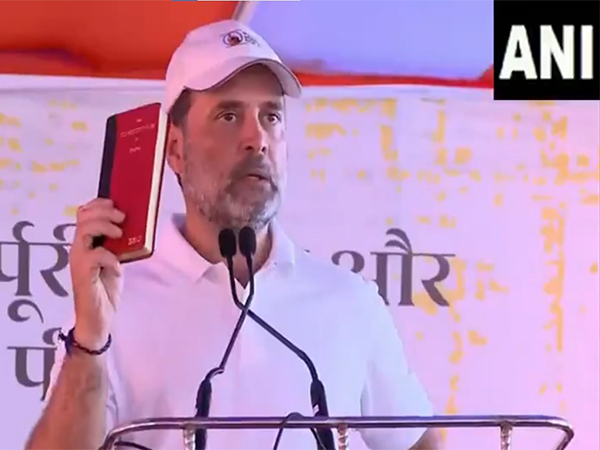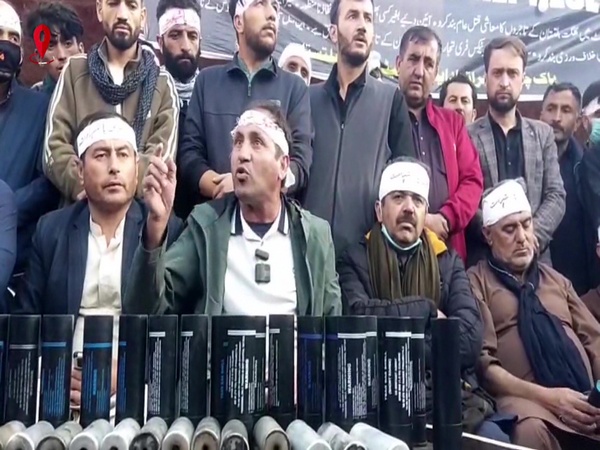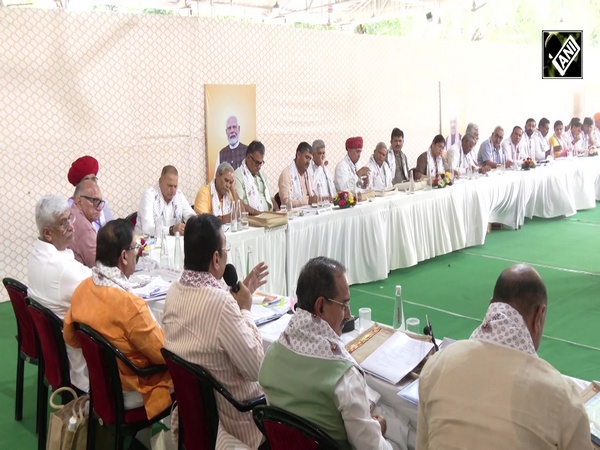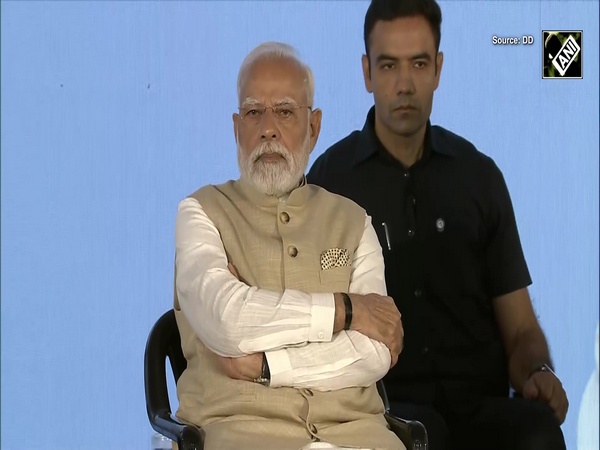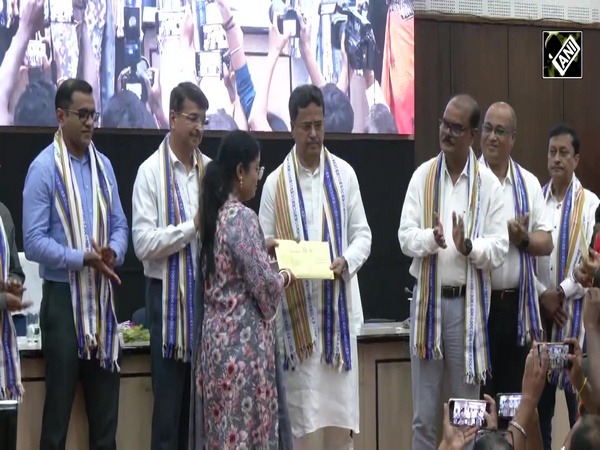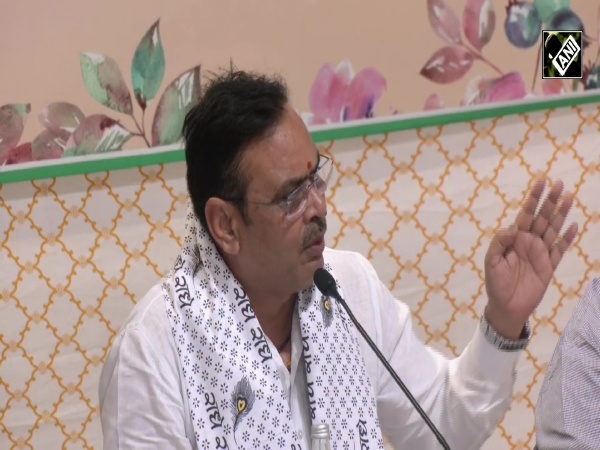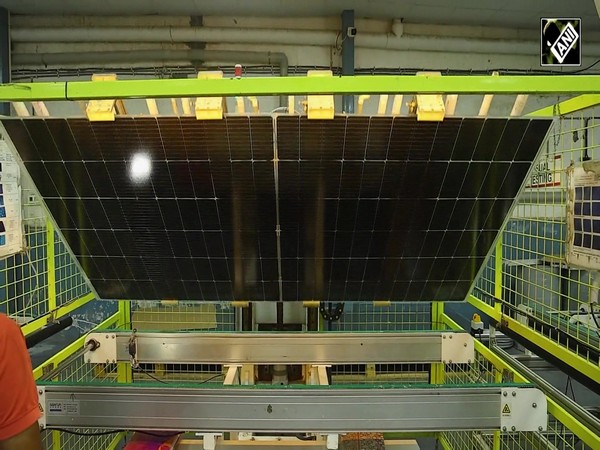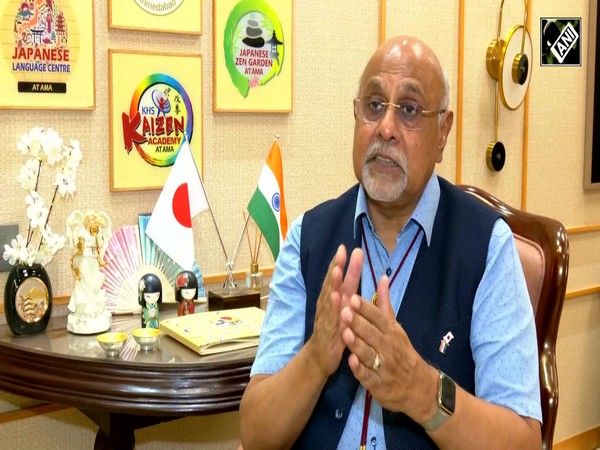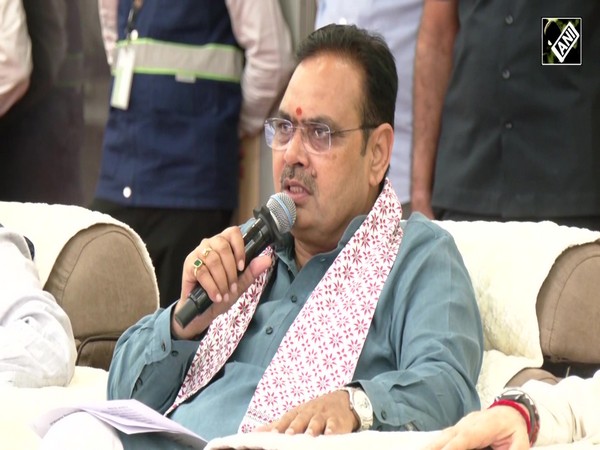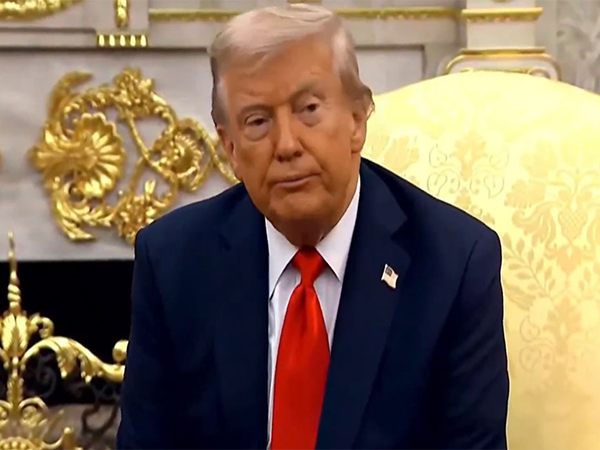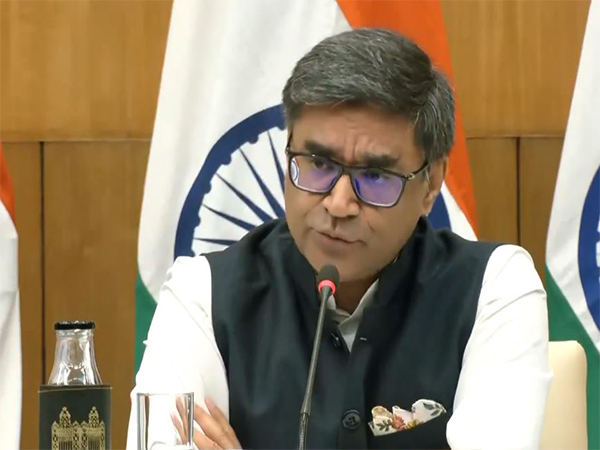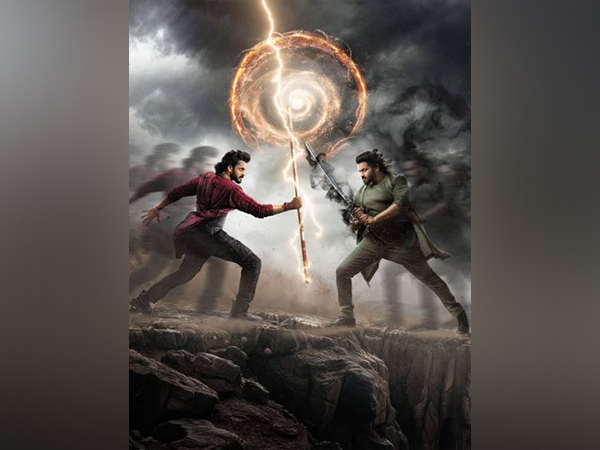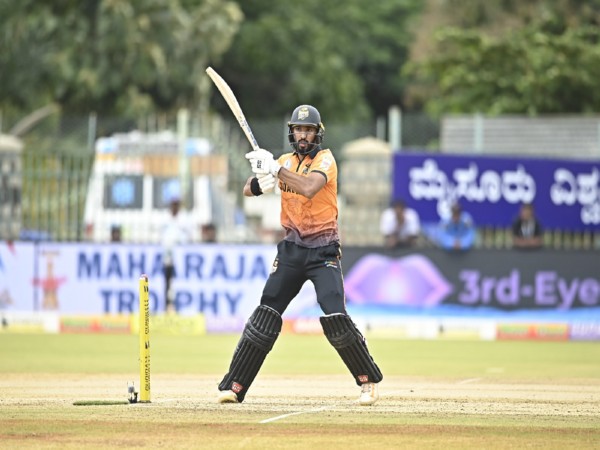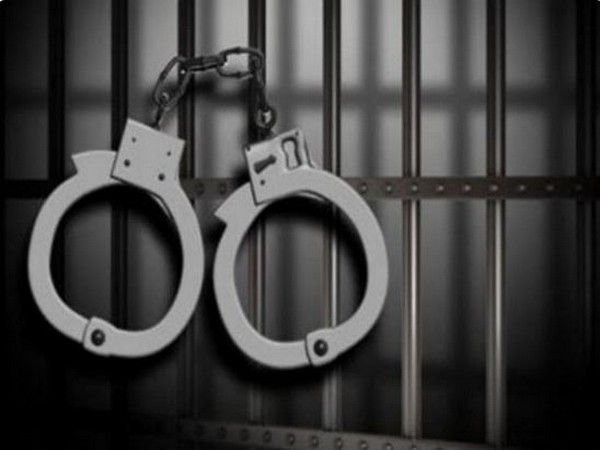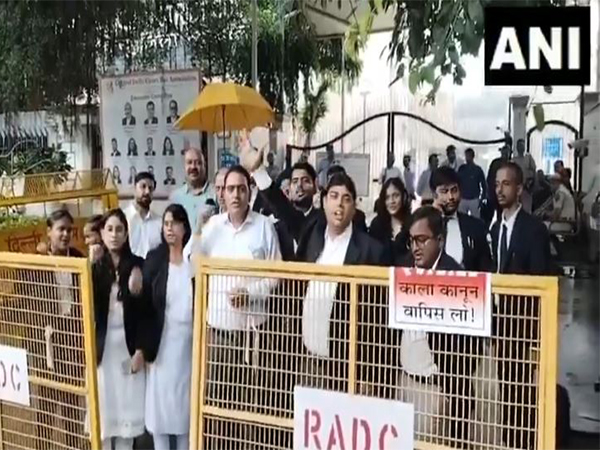
Delhi lawyers protest LG Saxena's notification allowing police to depose via video conferencing from police station
Aug 26, 2025
New Delhi [India], August 26 : Lawyers staged a protest in the national capital on Tuesday against a notification issued by Delhi Lieutenant Governor VK Saxena, which designates video conferencing rooms in police stations as authorised locations for recording evidence.
The advocates, gathered in large numbers, raised slogans and held placards reading 'Kala Kanoon Wapas Lo' (Take this black law back), expressing strong opposition to the new directive.
Meanwhile, on Monday, Representatives from the Coordination Committee of All District Bar Associations met with Delhi Chief Minister Rekha Gupta regarding their ongoing demands.
Lawyers affiliated with various District Bar Associations in Delhi have been on strike since August 22.
The Bar Council of India (BCI) has come out in support of Delhi's bar associations, opposing the Lieutenant Governor's recent order that allows police officials to give their testimony from police stations through video conferencing.
In a strongly worded letter to Lieutenant Governor VK Saxena, the BCI said the August 13 notification strikes at the heart of the principles of natural justice and undermines the right to a fair trial.
The Council, led by Rajya Sabha member Manan Kumar Mishra, along with Co-Chairman Ved Prakash Sharma, urged the LG to withdraw the order with immediate effect. While acknowledging that technology can play a constructive role in speeding up criminal trials, the BCI said recording testimonies from police stations institutions controlled by the investigating agency itself risks eroding the credibility and independence of witness statements.
"Evidence can only be recorded in the court in the physical presence of the witness," the Council wrote, stressing that the presence of police witnesses in a neutral courtroom is integral to ensuring fairness and transparency in criminal proceedings.
The letter underlined three main objections. First, the right to a fair trial demands that testimony be given in an environment free from influence. Second, effective cross-examination, considered the "heart of criminal trial", is impaired when a witness is examined via video link, as lawyers lose the ability to properly confront documents, observe demeanour, and assess body language. Third, shifting depositions out of the courtroom reduces judicial oversight and heightens the risk of procedural errors.
